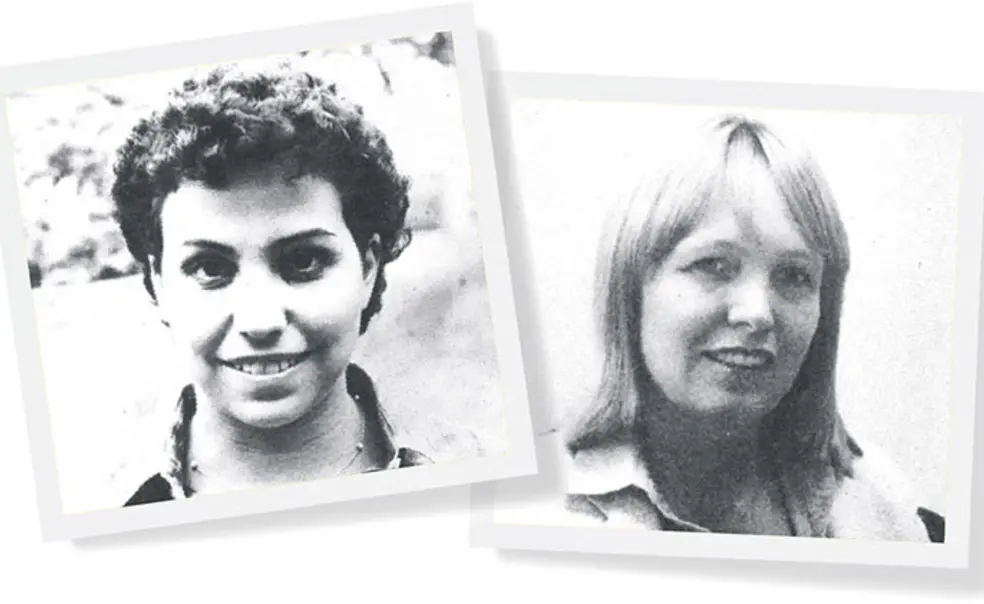The introduction of coeducation in 1969 opened Princeton’s doors to women but did not ensure that they would encounter themselves in the curriculum. Overwhelmingly the product of male scholarship and largely taught by men (in 1979, just 2 percent of tenured faculty were female), the course of study proved harder to adapt than dormitories.
Although the faculty formed the Women’s Studies Committee in 1976, it was not until Jan. 5, 1981, after more than a decade of intensifying advocacy, that it voted to create the Program in Women’s Studies. As President William G. Bowen *58 acknowledged, “Some have felt that we have been too slow and too conservative in our approach to women’s studies. However, as with any new interdisciplinary approach, the faculty has been concerned to respect traditional disciplines.”
The vote, when it came, was almost unanimous — in the words of The Daily Princetonian, “the wave of ‘ayes’ that rumbled across the room overpowered the two dissenting ‘nays’” — but were it not for the determination of a small but energetic group of women, there would not have been a vote at all.
The faculty’s action owed much to the work of the faculty-student Ad Hoc Committee on the Future of Women’s Studies, led by Associate Professor of History Nancy J. Weiss (later Dean of the College Nancy Weiss Malkiel), which recommended the creation of a full-fledged program in its 123-page report. Pressure was exerted by the Women’s Studies, Hiring, and Education Network, which argued that women’s studies are “not a passing trend” but rather “a permanent and serious area of scholarship that introduces a new vitality into academia.” And the Student Advisory Committee on Women’s Studies, spearheaded by Kathryn Surace ’81, helped keep the issue front and center.
“This university is a fairly conservative place,” Surace said. “It takes a while to get any idea through.” But in the fall of 1981, Princeton marked an important milestone by naming one of its own graduates, Kay B. Warren *74, to lead its Women’s Studies Program.
John S. Weeren is founding director of Princeton Writes and a former assistant University archivist.












1 Response
Linda Garfinkle Edmunds *64
9 Years AgoGrad School Pioneer
PAW is incorrect about the beginning of coeducation at Princeton (That Was Then, Jan. 13). The first woman to matriculate was Sabra Meservey *64 *66 in 1961. The following year, eight more women were accepted to doctoral programs at the University. I was one of them.
I applied to Princeton despite the “male-only” student body because of my interest in the work of Colin S. Pittendrigh. His lab was studying circadian rhythms, and that was the topic of my senior project. My thesis adviser at Bard College was George Hooper *56, a student of Dr. Pittendrigh. He suggested I apply.
To my great surprise, I was admitted. The academic program was stimulating, but it was a lonely experience for a woman. In most graduate environments, lack of communal housing, meals, and meeting areas is typical and not an issue because multiple women in a single department form their own social and support circles. At Princeton, however, the women were spread throughout the University and for the most part were not acquainted with one another. While my male peers were easy to work with, when it came to “hanging out,” they were involved with their own buddies, clubs, girlfriends, and living arrangements.
I earned a fellowship for my second year, but left at the end without completing my degree. The two women I knew also left early, and I never heard how the other women fared. I regretted not finishing my degree — not so much for myself, because I was not cut out to be a scientist, but because I felt it might impact negatively on future female applicants.
Editor’s note: Past issues of PAW include coverage of Sabra Meservey *64 *66, who describes her Princeton experiences in this video: http://bit.ly/GradAlumVideo.